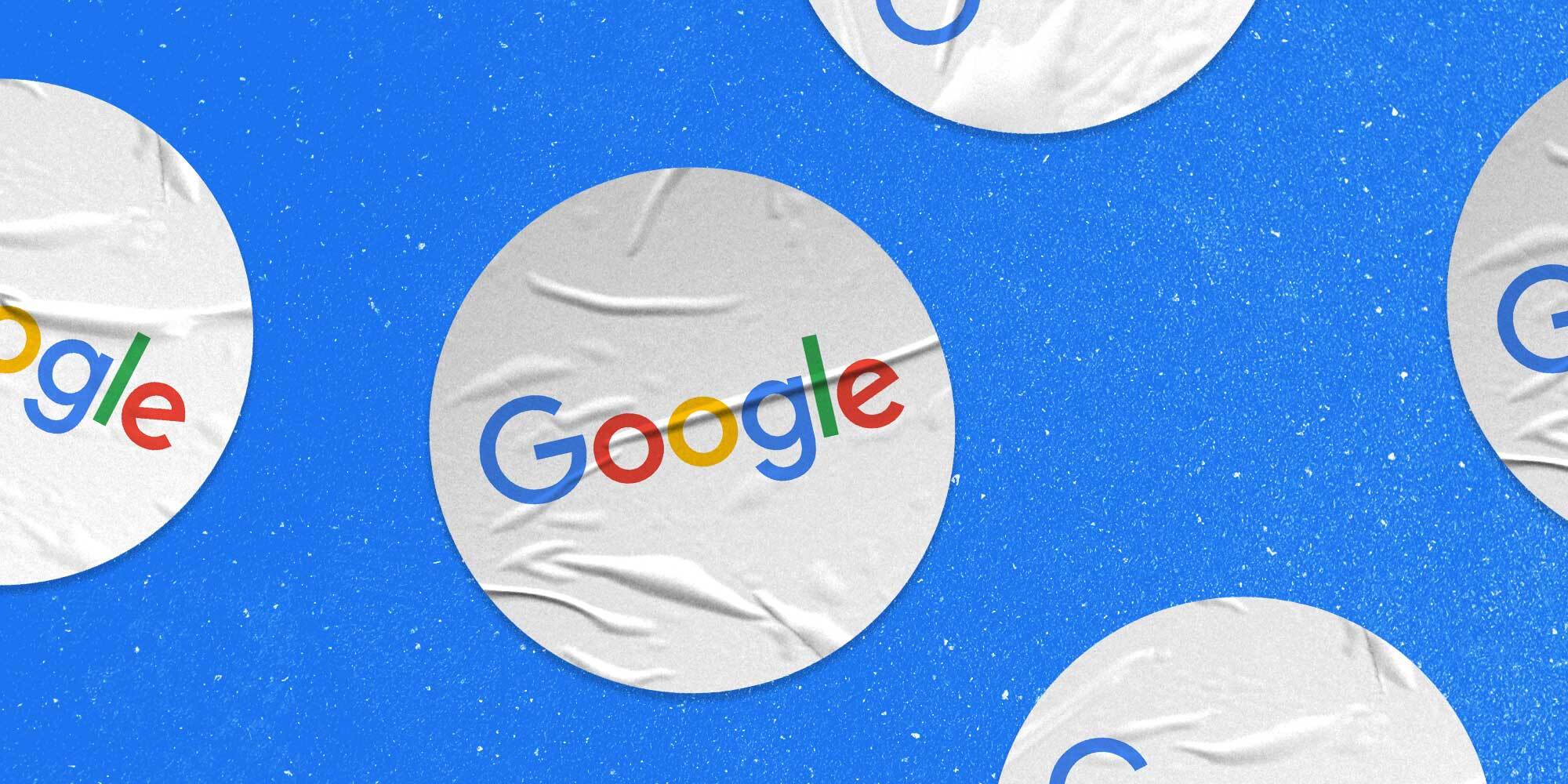When was the last time you used the Microsoft Bing search engine?
If you’re anything like the average internet user, you probably can’t remember. (We wouldn’t blame you if you had no idea what Bing was.) That’s probably because, when it comes to searching for things on the internet, all you’ve ever used is Google. If this is true, you wouldn’t be alone.
Google owns 92.19% of the search engine market share worldwide and enjoys 5.6 billion searches per day. Those impressive numbers show that Google is placing the world at the fingertips of its users on a daily basis.
One search brings up the nearest gas station while you’re on that spring break road trip in Florida with some friends. Another allows partners to send their significant other a teddy bear for Valentine’s Day. Another still gives users access to the new 2K22 update which allows you to play as the Brooklyn Nets with a newly acquired James Harden.
Google provides all of these search results utilizing something called PageRank algorithms. These algorithms are what determine the results of any given search—they try to figure out what the searcher wants to see and/or know based on the words they’ve typed into the search bar. Then, they provide the searcher with a ranked, seemingly endless list of the most likely corresponding links.
Pretty amazing, right? Well, for most of us the answer would be “yes.” For some people, like survivors of abuse, that answer would actually be “no.” Here’s why.
Who wouldn’t be a fan of Google’s search engine?
For survivors of image-based sexual abuse (IBSA), not all content that Google’s search engine provides is harmless.
Some of the content that can come up when you search a survivor’s name includes what’s commonly known as “revenge porn” and other forms of IBSA. IBSA includes any explicit picture or video that has been shared nonconsensually, and it can not only ruin lives, but revictimize survivors again and again every time it’s viewed or shared.
Just take Carrie Goldberg’s word for it—the Brooklyn attorney daily fights for victims of online harassment, sexual assault, and blackmail.
In 2016, she worked on a case where she attempted to have 15 of her female clients’ nonconsensual sex videos, that had been shared hundreds of thousands of times on popular porn sites, removed. In some cases, the full legal names of her young clients had been listed next to the videos for the whole world to see.
Because of the images shared of them, some of these women were broken-up with by partners, kicked out of their social organizations, fired from their jobs, forced to move, and some even had to change their names.
Where does Google fit in this equation?
When someone searched for any of those 15 women’s names, Google’s PageRank algorithms used to bring up loads of links that hosted nonconsensual porn images and videos of the women.
Then, when Google’s “Legal Removals” team was contacted about removing the links from the PageRank algorithm, they would frequently refuse.
But thanks to recent New York Times articles documenting how the online slander industry preys on victims with Google’s unwitting help, that all seems to be changing.
What is Google changing about its search algorithm?
Google is doing two things to help IBSA survivors.
First, they’re changing their search algorithm to prevent slander and doxxing websites, which operate under domains like BadGirlReport.date and PredatorsAlert.us, from appearing in the list of results when someone searches for a person’s name.
The other thing that Google is doing is creating a new concept called “known victims.”
When someone reports to Google that they have been tagged on sites that charge victims to remove posts, they are considered a “known victim,” and Google will automatically suppress similar content when their names are searched for.
This is something survivors have been asking for and requesting for years. Previously, Google has made some steps to make this security feature a reality. Now, it’s finally happening in a wholly effective way.
Why this matters
Survivors of IBSA have their lives seriously affected by nonconsensually shared (and sometimes nonconsensually captured) explicit images and videos.
The data is clear about this: survivors of IBSA suffer similar trauma as sexual assault survivors—and that’s ignoring the possibility that some of these survivors didn’t only have images shared nonconsensually, but had them created nonconsensually too (i.e. they were sexually assaulted and the assault was recorded).
The stories of brave survivors exhibit this, too. Chrissy Chambers, the first person to seek damages and criminal prosecution in England of a former partner for posting revenge porn, suffered from nightmares of her ex trying to kill or rape her. She wrestled with anxiety, depression, and alcoholism. And she’s just one of so, so many survivors of all genders.
One would think that the trauma caused to survivors would inspire people not to view the nonconsensually shared images and videos, but that’s not the case.
Too much nonconsensual content has hundreds of thousands of views, which suggests both that there’s a demand for this kind of content and a lack of awareness about what is consensual and what isn’t.
Many people have no desire to contribute to the degradation and humiliation of another person, but porn sites with user-uploaded content tend not to differentiate—content is content, and money is money.
Nonconsensual content—sometimes featuring minors—is often featured on the same sites where consensual content is. And the consumer has no reliable way to tell the difference.
Support this resource
Did you like that article? Help us keep our educational resources free to access! Fight the New Drug is a registered 501(c)(3) nonprofit, which means the educational resources we create are made possible through donations from people like you. Just one dollar can make a difference!
Give $1


